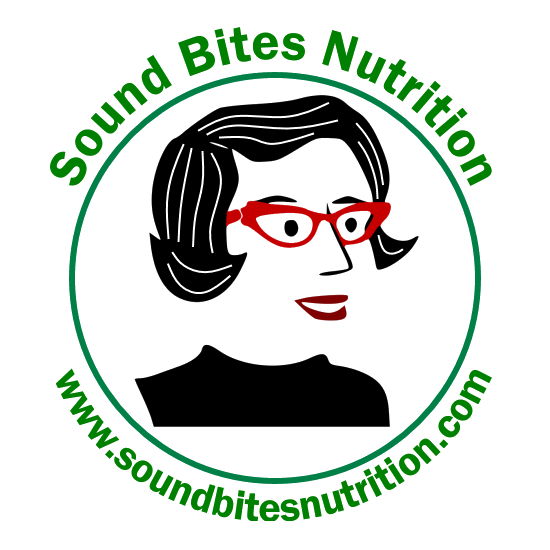There's something about dairy...
I am a proud dairy consumer and make no apologies for it. While the Whole 30, Paleo and multiple holistic health or other "coaches" may dis dairy, I am not in agreement. Give me yogurt, milk, and cheese please. Consider this- any time you remove an entire food group from your diet, you also take away vital nutrients that quite frankly, multi-vitamins do not replace.While we can obtain calcium and vitamin D from non-dairy sources, calcium from milk is in much higher quantity than vegetables and can be easily absorbed. A diet high in calcium not only protects your bones and teeth, but may also help lower blood pressure. Research also suggests that low fat and fermented dairy products, such as yogurt, may aid in the prevention of diabetes. And finally, who wants to eat cheese-less pizza?Recently, I had the opportunity to visit Ed-Mar Dairy (https://ed-mardairy.com) , located in Walton, Ky. The owner, dairy farmer and chief operator is Eddie Gibson, a soft spoken, but solid man. Ed is the 4th generation of farmers to manage the dairy. The farm sits on 130 beautiful acres once owned by Ed's wife's grandparents. The 45+ cows that live on the farm are bred (via artificial insemination) to bare a calf about every 18 months and feed on corn and clover grown on the land. They sleep comfortably in cool sand beds and are milked through a robotic milking machine (which saves time and labor cost) when they choose, a few times per day. Ed's cows produce approximately 550-600 gallons of milk daily.What you may not know, is that most traditional milk purchased at the store comes from local dairy farmers like Ed. Milk from multiple farms is combined, homogenized and pasteurized then distributed to local grocers. By FDA standards, antibiotics are NOT allowed in milk, so if a cow is ill and given antibiotics, the milk is discarded. In fact, if antibiotics are found in the milk, all of the milk is discarded and the farmer is fined. Don't believe the myth that non-organic milk contains antibiotics.In addition, traditional cows may be given rBGH - recombinant bovine growth hormone (a hormone used to stimulate milk production). Despite the rumors of rBGH not being safe for humans, according to the American Cancer Society, "Bovine growth hormone levels are not significantly higher in milk from rBGH-treated cows. On top of this, BGH is not active in humans, so even if it were absorbed from drinking milk, it wouldn't be expected to cause health effects."The American Cancer Society also notes, "Of greater concern is the fact that milk from rBGH-treated cows has higher levels of IGF-1, a hormone that normally helps some types of cells to grow. Several studies have found that IGF-1 levels at the high end of the normal range may influence the development of certain tumors. Some early studies found a relationship between blood levels of IGF-1 and the development of prostate, breast, colorectal, and other cancers, but later studies have failed to confirm these reports or have found weaker relationships. While there may be a link between IGF-1 blood levels and cancer, the exact nature of this link remains unclear.Some studies have shown that adults who drink milk have about 10% higher levels of IGF-1 in their blood than those who drink little or no milk. But this same finding has also been reported in people who drink soy milk. This suggests that the increase in IGF-1 may not be specific to cow's milk, and may be caused by protein, minerals, or some other factors in milk unrelated to rBGH. There have been no direct comparisons of IGF-1 levels in people who drink ordinary cow's milk vs. milk stimulated by rBGH.At this time, it is not clear that drinking milk, produced with or without rBGH treatment, increases blood IGF-1 levels into a range that might be of concern regarding cancer risk or other health effects."If you buy organic milk, it will not contain rBGH, but will contain natural BGH since it comes from a lactating cow. However, it will also not be local milk. Since cows would have to grass feed at least 10 months out of the year, the weather in the mid-west can't support this. Organic milk has to travel farther (i.e. from Colorado) in order to meet the standards set. Keep in mind, organic milk often costs 3 x as much as traditional.Finally, the reason organic milk has a longer shelf life is that it undergoes an additional ulta-pasteurization. You can read more about the milk cycle here: https://milk.procon.org/view.resource.php?resourceID=000658My takeaway here- support your local farmer. If you drink cow's milk, it's fine and seemingly safe to drink non-organic milk. Just don't EVER drink raw milk. More on that here: https://www.fda.gov/Food/ResourcesForYou/Consumers/ucm079516.htm

